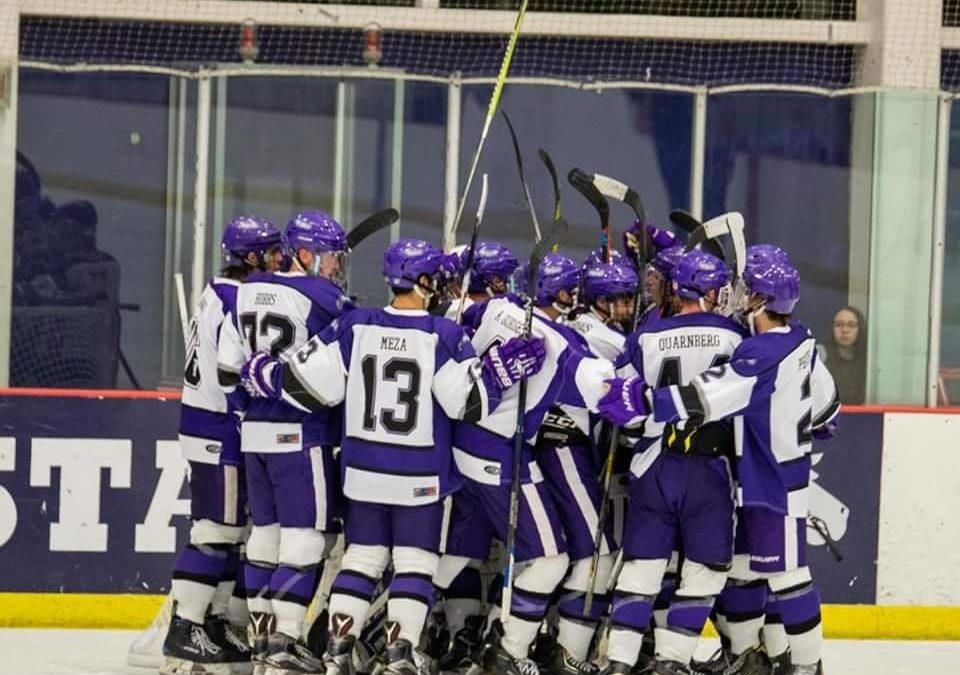Whether they admit it or not, every player has a pre-game routine. All athletes perform their best when they feel their best. Having the good habits to prepare yourself properly prior to
your game goes a long way in improving performance and preventing injuries. The sequence and timing of the steps that go into a pregame preparation routine are just as important as the routine itself. Here is a framework that you can use to prepare for your next game.
Proper nutrition and rest are the cornerstones to a good pregame preparation plan. Adequate hydration and carbohydrate intake should be practiced every day to keep your tanks topped off after a week’s worth of practice and dryland training. Every player will benefit from minimally processed whole foods as well as a wide variety of fruits and vegetables. Going to bed and getting a solid night’s sleep the night before game day is also important. This is the vital time your body uses to repair itself and recover for the upcoming game. The specifics of a
nutrition and sleep plan will vary from player to player due to variables such as age, weight, body type, and biological sex. Seek out a medical professional, such as a certified athletic
trainer, for some guidance on these plans. On game day, there are a few steps to take to prepare for the competition.
1. First, is myofascial release. Basically, use a foam roll or other self-massage tool to provide some relief. Emphasis should be placed on the skating muscles of the legs and lower back. You only need about 30 seconds per muscle group during this routine.
2. The second step is your static stretch. After the release, our muscles are now ready for a gentle stretch to increase the mobility of the joints. Hip and ankle joint mobility should be the focus here. This helps us get into a good skating position in the game that is about to take place.
3. The third step in this routine is the active warm-up. Allow 10-15 minutes to get the body moving with a few drills to wake up the body’s neuromuscular system. Some exercises such as lunges, lateral lunges, walking knee hugs, walking SL RDLs, hip circles, and high kicks can be included. Follow that up with a few skipping drills and short sprints. Use a distance of about 10 yards. Again, everyone has a slight variation to this plan so work with your coach or athletic trainer as to what is best for you and your team.
4. Lastly, add a little skill work to your pregame routine. The actual pregame warm-up only lasts a few minutes and you really only get a few seconds of actual time with the puck on your stick. Take some time during your pregame routine to do some dryland stickhandling. Get a feel for the stick and puck while getting your hands moving. This also helps get your mind into the game. And now that your body has been warmed up both physically and mentally, you are ready to perform at your best for every game.
Mike Hannegan is an Athletic Trainer and Strength Coach with ten years of experience in the NHL with the Anaheim Ducks and St. Louis Blues. He is currently the Director of the Compete Sports Performance and Rehabilitation facility inside The Rinks Yorba Linda Ice located in beautiful Orange County, CA. He can be reached at mike@competeperformance.com.

